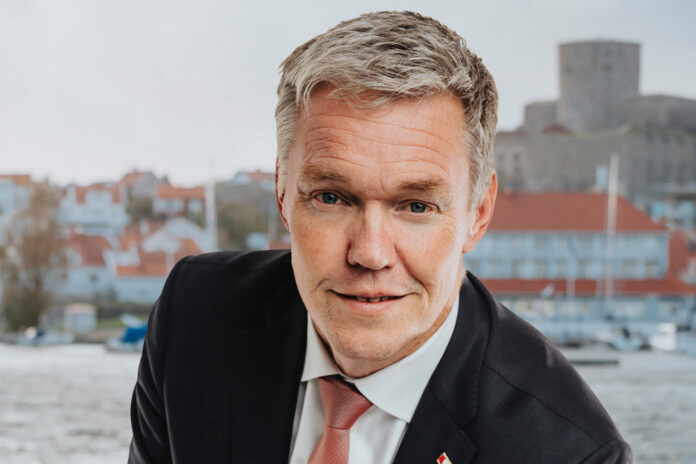
A Guest Commentary by Erik Hånell, President & CEO, Stena Bulk
Typically, we think of our crews, vessels, and partners as assets, but the current market conditions for tanker operators remind us of a less tangible asset – our flexibility. If the last few years – marked by public health threats and geopolitical conflict – have taught tanker operators anything, it is that having flexibility and the ability to adapt to unexpected events is a corporate asset worthy of recognition and cultivation.[ds_preview]
The tanker market is currently witnessing low global commercial and strategic storage capacity, in part driven by oil producing nations cashing in on expensive crude prices, which is having a negative influence in the industry. Stocks of oil in some of the world‘s top economies have fallen to their lowest levels in almost a decade. If this trend reverses, the drive to refill them could nudge oil toward $ 100 a barrel, requiring more transportation of crude products and a premium on day rates.
There is overcapacity in the global fleet caused by limited recycling, low order books, and high newbuild prices. This is further complicated by the return of tonnage that had been earmarked for floating storage. Weak rates should, in time, act as a natural balance for this overcapacity and force older tonnage out of the market.
At the regulatory level, the implementation of the IMO’s Energy Efficiency Index for Existing Ships (EEXI) in early 2023 will pose challenges. According to Simpson Spence & Young and Lloyd’s Register, an estimated 75 % of the global tanker fleet will need to sail at slower speeds or apply another form of carbon dioxide emissions abatement to meet the regulation when it is implemented in just a couple of months’ time.
These market forces make the current period one of the most difficult and complex market scenarios to base business predictions or commercial decisions around. Tanker operators must therefore ensure excellence at the asset level and build modern fleets of efficient tankers complemented by enough flexibility to adapt capacity and meet market demands. There is also the need to continue to evolve in tandem with changing market drivers, adjusting our approaches and remaining responsive.
In other words, flexibility must be considered as an asset that will differentiate tanker operators and provide them with a competitive advantage, because it will allow them to serve customers in the best way possible despite the surrounding market circumstances. This mindset is not only about being ready for changing market conditions, but also about aligning with a customer-centric approach to the market – providing economical solutions to customers and helping them to adapt at the same time.
From a strategic perspective, ship operators must improve their adaptability while continuing to focus on sustainability excellence, because the market will fully align business strategies behind society’s wider decarbonisation goals. Indeed, there have been signs of this in the last year despite the depressed tanker market, due to a demand from customers for sustainable shipping options.
As 2022 unfolds, businesses are moving from survival mode to future-ready mode. A decreasing dependence on oil products or, at the very least, changes to the global supply chain, will add to the market changes that energy majors and tanker shipping must adapt to. Timing our evolution optimally and making the right decisions is not easy, but it is the best way to build a flexible and resilient tanker segment capable of meeting the demands of a recovering global economy.



















